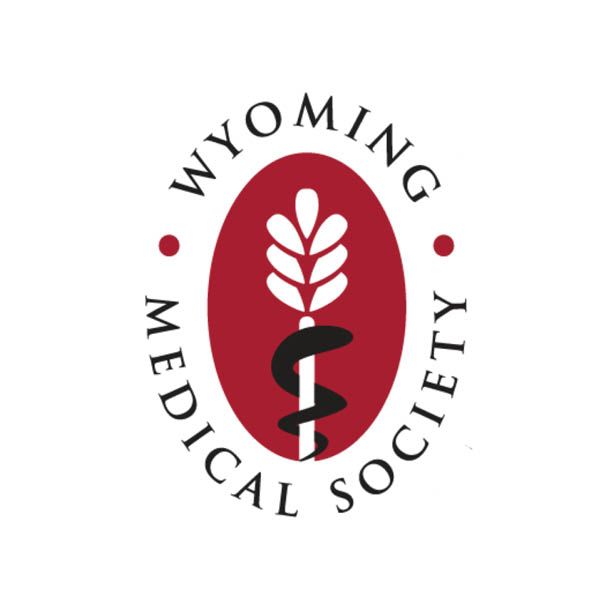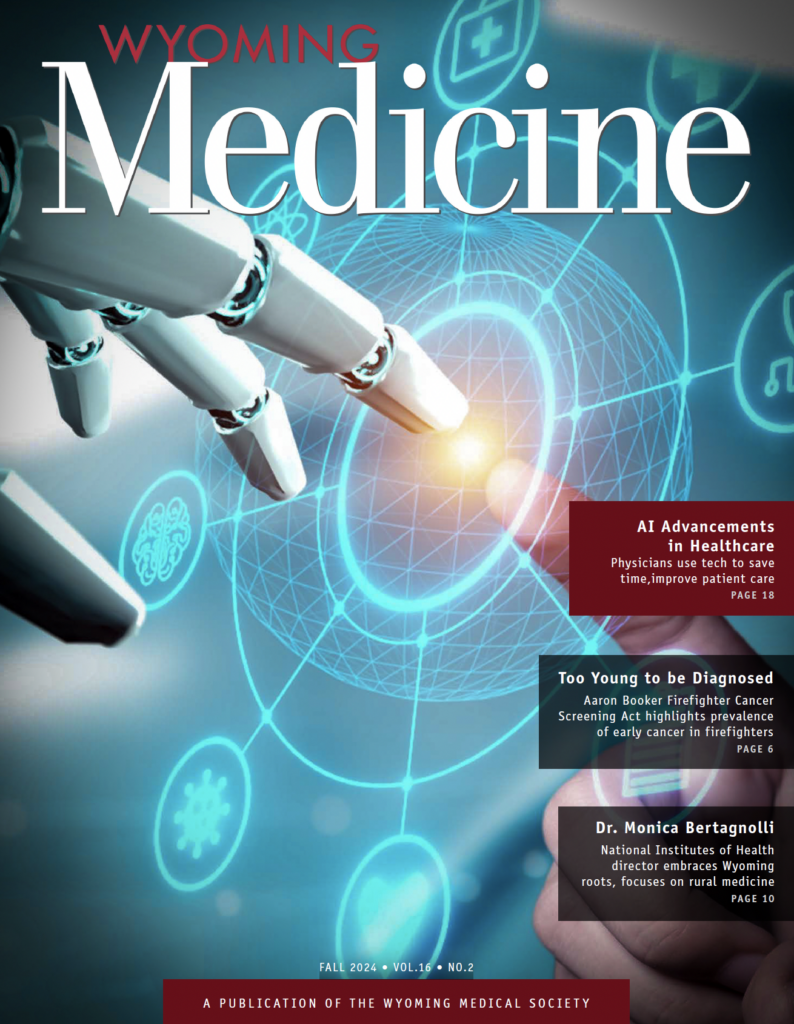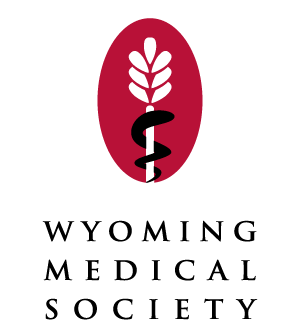
Safe and Sound: Helping Children Who Have Experienced Trauma and Adversity
Safe and Sound: Helping Children Who Have Experienced Trauma and Adversity
Content provided by American Academy of Pediatrics
Created with support from the Dave Thomas Foundation for Adoption and Jockey Being Family, this series of resources is designed to help children who have experienced trauma and adversity, by helping their parents, caregivers, and other adults in their lives understand how that early trauma may have affected them. Each guide can be downloaded and shared to provide ideas for how to help children, and links to additional information and resources.
A Guide for Parents
Parents are encouraged to read this guide first to get acclimated to the various resources within this series. This first guide explains how trauma can affect a child’s development and behavior, and offers practical strategies for trauma-informed parenting that promote healing and make a family’s day-to-day life less stressful.
Important Information to Share With My Child’s Pediatrician
Parents can complete, print, and share this form with their child’s pediatrician. It is important that their child’s pediatrician be aware of the child’s past experiences, so that they can understand any current struggles in light of those past traumas. This will allow the child’s parents and pediatrician to work together to find resources that can support the family in caring for the child, as well as obtain evidence-based treatments for the child.
A Guide for Adults Involved in My Child's Life
Parents can share this 1-page guide with other adults involved in their child’s life. This may include coaches, dance teachers, parents of the child’s friends, etc. It can be helpful for these other adults to understand why a child might have certain fears or behavioral struggles, and understand helpful and unhelpful ways to respond. These adults can learn more and become allies for the child.
A Guide for Caseworkers
This guide is specifically designed to help child welfare workers better understand the effects of early adversity and trauma on the children and youth they serve. When caseworkers better understand the emotional, developmental, and behavioral needs of the children and youth they serve, they are better equipped to help the caregivers and other adults in the lives of those children and youth understand and meet those needs. This guide can also be used for training and professional development.
A Guide for Early Education and Child Care Providers
Parents can share this resource with their child’s early education and child care providers. Like the other guides, this guide explains how early adversity and trauma can affect young children and offers early education and child care providers specific ways they can help children heal. This guide can also be used for training and professional development.
A Guide for Teachers, Counselors, and Other School Professionals Working With School-Age Children and Youth
Parents can share this resource with their child’s school and teachers. Like the other guides, this guide explains how early adversity and trauma can affect children and youth, and offers educators specific ways they can promote healing. This guide can also be used for training and professional development.
Talk with your child's pediatrician for more parenting tips on helping your child cope after trauma.
Last Updated 07/21/2021
Source American Academy of Pediatrics
Disclaimer
This web site is provided for educational and informational purposes only and does not constitute providing medical advice or professional services. The information provided should not be used for diagnosing or treating a health problem or disease, and those seeking personal medical advice should consult with a licensed physician. Always seek the advice of your doctor or other qualified health provider regarding a medical condition. Never disregard professional medical advice or delay in seeking it because of something you have read on the Wyoming Medical Society's website. If you think you may have a medical emergency, call 911 immediately. No physician-patient relationship is created by this web site or its use. Neither WMS nor its employees, nor any contributor to this web site, makes any representations, express or implied, with respect to the information provided herein or to its use.
WyoMed Blog











